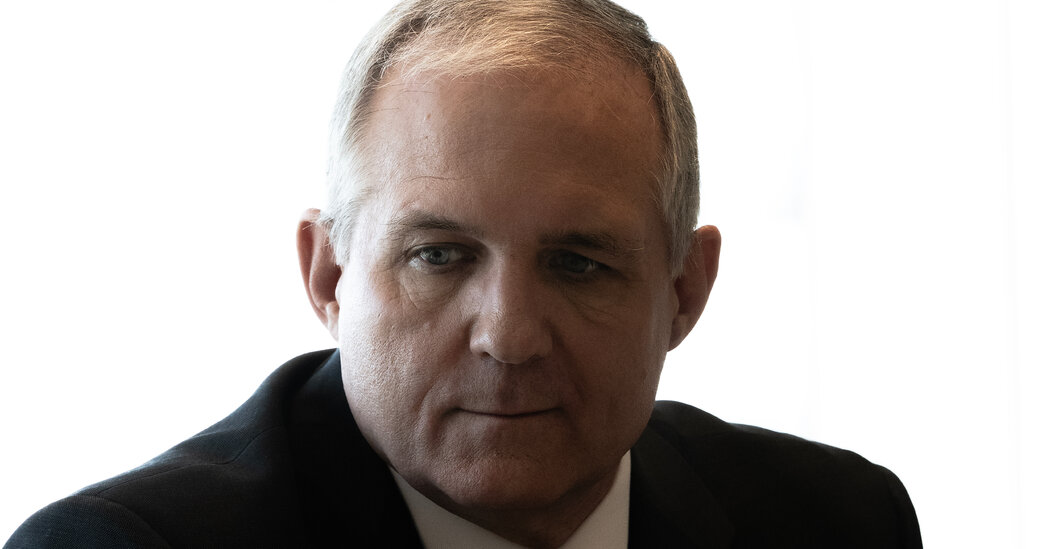
Paul Whelan was in Moscow that day at the storied Metropole Hotel, getting ready for the wedding of a fellow U.S. Marine, when a longtime Russian friend, a junior officer in the frontier guards, dropped by unexpectedly.
The friend handed him a thumb drive that he said contained souvenir photos and videos from a trip the two men took around Russia months earlier. Mr. Whelan pocketed the drive, when suddenly a few men in civilian clothes, some with their faces covered by balaclavas, burst into the room.
“We are with the Federal Security Service, and you are under arrest for espionage,” Mr. Whelan recalled one of them saying in English. “I have not committed espionage,” he responded.
Speaking in Washington in his first lengthy newspaper interview since he was released on Aug. 1 in the largest East-West prisoner swap since the Cold War, Mr. Whelan, 54, said he thought the arrest, in late December 2018, was a prank. It wasn’t.
Within hours, he found himself locked into a 9-foot-square cell in Moscow’s notorious, high-security Lefortovo Prison, where Soviet-era political prisoners had been tortured. So began Mr. Whelan’s odyssey through what he described as Russia’s harsh, often surreal, state-manipulated criminal justice system. His ordeal lasted, by his own count, five years, seven months and five days.
At Lefortovo, he survived an emergency hernia surgery in the middle of the night at a hospital where, he said, half the overhead lights did not work, and when the doctors dropped instruments on the floor, they picked them up and kept going. Sent to a labor camp after his conviction, he endured a diet of bread, tea and a watery fish soup that seemed better suited as cat food, as well as once-a-week cold showers and long days sewing buttons and buttonholes on winter uniforms for government workers.
This post was originally published on this site be sure to check out more of their content.








